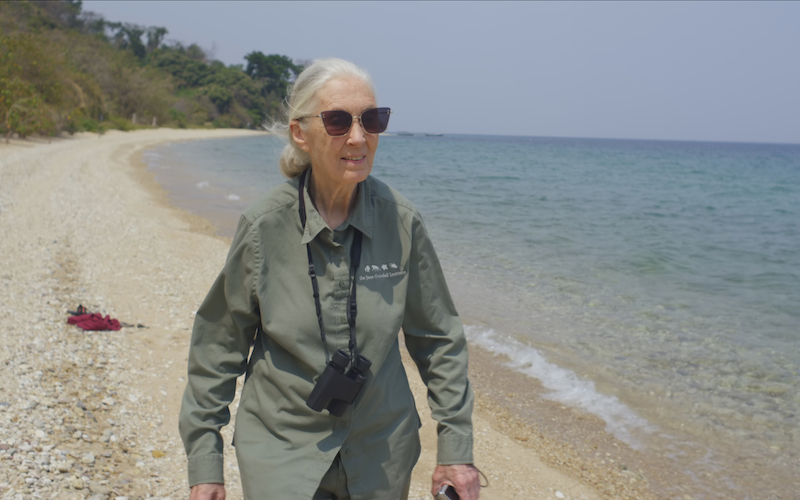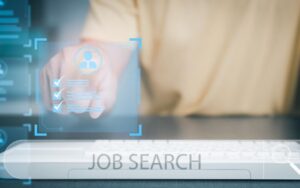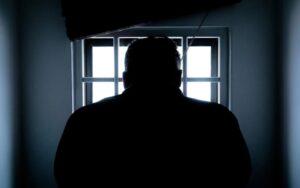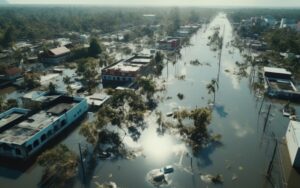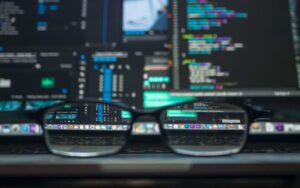If there is one thing that Jane Goodall embodies, it’s hope. Hope that humanity can come together and be better stewards of this Earth. Hope that the next generation will do better than the generations before. This hope is the focus of the aptly titled NatGeo documentary, Jane Goodall: The Hope, appropriately debuting on the 50th anniversary of Earth Day.
This is a unique Earth Day, on which we have to celebrate our natural world from inside our homes. It can be easy to feel pessimistic about a lot of things, especially when nature seems to be doing better without humans running about. During this time, Jane Goodall has some words of wisdom for us, on how to maintain hope and how we can make positive, lasting change. Innovation & Tech Today had the opportunity to hear some bites of wisdom from Jane Goodall in a recent press conference.
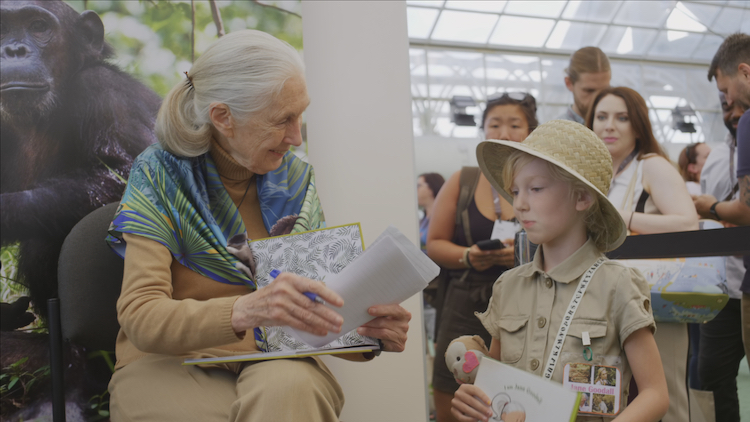
How do you stay hopeful, with climate change mounting and now this pandemic?
Dr. Jane Goodall: Well, two slightly different hopes, but with climate change – and this is backed up by some of the climatologists that I’ve talked with – it’s not just me being wishful thinking. There is a window of time that is closing. It depends on us all acting together and taking action if we want to save the future of humanity from a planet which is virtually unlivable, although we may find ways to live on it, I suppose.
My hope is in the life and the energy and commitment of the young people of our Roots & Shoots Program that’s in 65 countries, all working on projects, and they choose to make the world better for people, animals and environment.
Second reason, the human intellect, we are coming up with more and more creative technology that will enable us to live in better harmony with nature and think about our own environmental footprint as well. Then the resilience of nature, places that we’ve destroyed, given a chance nature comes back. And the indomitable human spirit, the people who tackle what seems impossible and won’t give up and so often succeed.
When it comes to the pandemic, at the end of WWII, it was the same feeling. We were fighting a physical enemy that we could see, the bombs dropping, the uncertainty, the people dying, but we had Churchill rallying us and telling us that we would get through and we would win. That made all the difference.
I was in New York with 9/11 and things seemed pretty hopeless then, but people rallied. With this coronavirus, the hopeful thing is how communities and individuals have gotten together by helping each other. The incredible courage of the people on the front lines, the doctors, the nurses, risking and sometimes losing their lives. Of course, we shall get through this. The big hope is that this time we will pay attention to the cause of the pandemic, which is our disrespect of nature and the animals and the destruction of the environment forcing animals into closer contact with each other and some of them with humans. The trafficking, the hunting, the killing, the wet markets, the intensive animal farms, domestic animals, and all of that is creating conditions for a virus to jump from one species to another.
How do you think the world will change post-pandemic?
Dr. Jane Goodall: How I hope it will change and how it changes are two different things in this particular case. I think probably millions of people, especially those living in cities, have experienced for the first time what it’s like to breathe fresh air and to see the stars at night, even see wild animals at closer quarters. I think those people, and I think other people too, have seen this as a wakeup call that we’ve disrespected nature and we’ve got to start changing the way that we act and we’ve got to rethink the way we live.
We’ve got to get away from this consumerism, materialism that puts economic development ahead of environmental protection, which is damaging the future generations of humans and animals … The fear is that we have so many political leaders around the world right now and I fear that they will want to get back to “business as usual” as quickly as possible and even redouble it to make up for lost time.
In the end, we just have to go on being strong and hoping that the voices of those who realize that we’re doing it wrong will get stronger and stronger, particularly through our youth program, Roots & Shoots. Because of this community spirit that has emerged so strongly, that same community spirit will help all those who have lost their jobs and feel pretty hopeless during and also after the pandemic is over.
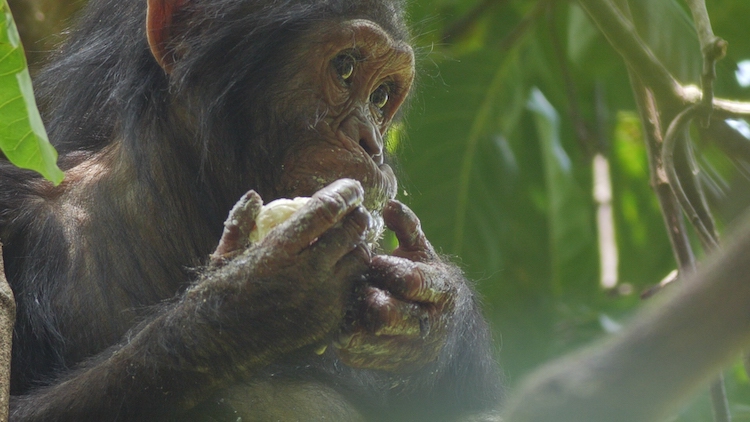
What can humans learn from primates right now?
Dr. Jane Goodall: Well as we go through this pandemic, overall what I learned from my years making films was how arrogant science has been to think that there was a difference in kind between us and other animals, when in fact it’s merely a difference of degree. More and more people are understanding that we are not the only beings on the planet with personalities, emotions, and minds. In fact, the intelligence of animals is now a major topic for many, many scientists and students.
Going through this pandemic, I just think more chimpanzees have taught us as we disrespect them, destroy their forest, their homes, and hunt them, that led to the epidemics of HIV in two separate instances, HIV-1 and HIV-2. Of course, that’s the cause of this pandemic, too. We don’t quite yet know which animal host gave us the virus.
How can technology help us live in harmony with nature?
Dr. Jane Goodall: Well, the thing is greater harmony with nature. Of course, the first thing one thinks about is renewable energy because it’s the climate crisis that now is hitting us the most severely … The sooner we can get onto renewable energy, the sooner we can start clearing up some of the pollution.
There’s a lot of smaller innovations, scientific innovations that are helping us live in greater harmony. For instance – and this is just one example – there is a company called Provivi, and it’s basically putting little tiny sachets of a substance that confuses the message of the female moth. The female moths are the main, they call them road crops, and the major pests are moths. This little bag of pheromones puts out a false scent so that the males can’t find the females. Nothing is killed, but there is very little reproduction.
The point of all this is it makes the use of all of this pesticide, which is so destroying the soil. and we depend on the soil for future health and we’re destroying it very fast with chemicals. Any innovation that reduced the need for pesticides or herbicides is really, really important.
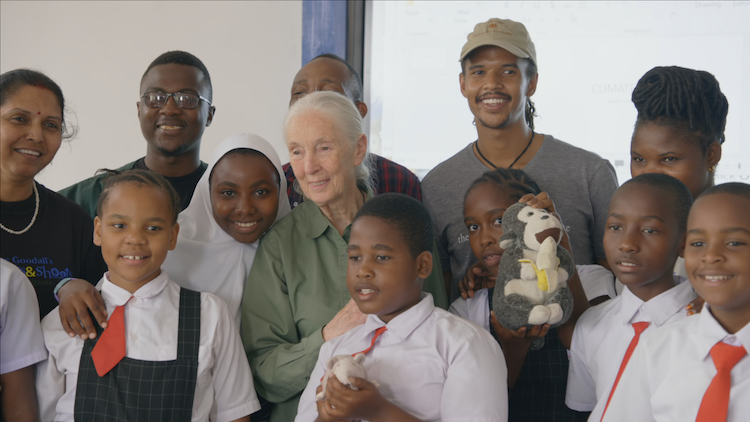
How can we make lasting change?
Dr. Jane Goodall: Well, that’s an almost impossible question to answer. How can we do it? I can think of ways that would make a huge difference, but we can’t actually accomplish them unless we have a different set of political leaders who don’t put economic development ahead of protection of the environment.
Leaders who will wish to get back to business as usual as quickly as possible and not take heed of the wonderful change that we’ve seen as people breathe fresh air and look at the stars and realize it’s our disrespect of nature and animals that has actually caused the pandemic in the first place.
All of those lessons will affect, I would say, millions of people, [and they] will start thinking differently. The hope is that those millions and all the young people in our Roots & Shoots and other similar youth programs will eventually come to a critical mass and we can put these leaders who care about the future generations and not just about accumulating power and wealth to gain.
Do you have any final thoughts?
Dr. Jane Goodall: Probably the most important message to everyone, right now and always, is that remember that every single day we live on this planet, we make an impact. Everybody who’s listening or reading what’s being recorded today, all of those people are in a position to make ethical choices in what they buy and think about the consequences of their actions on the planet. What do you buy? What do you eat? What do you wear? Where did it come from? Did it harm the environment? Was it cruel to animals like factory farming? Is it cheap because of child slave laborers, sweatshops, underpaid workers?
What are the consequences of future generations of those choices that we make? Some of the people making choices will be politicians and business people. If they could start thinking ethically about the consequences of their daily choices. Many of our Roots & Shoots kids are changing the way their parents think and some of those parents are those people who can make major decisions.
This thing of individual responsibility can never reach real fruition until we alleviate poverty, because when you are really poor you’re going to cut down the last tree trying to feed your family or fish the last fish or buy the cheapest junk food if you’re in the city because you just have to survive whatever way you can.
It’s a basic message every one of us makes some impact everyday even those in poverty.
Some questions and answers edited for clarity.
Celebrate Earth Day with more National Geographic content!
Celebrating Earth Day with National Geographic Explorers Beverly and Dereck Joubert
National Geographic Photographer Brian Skerry Talks Earth Day, the Ocean, and Climate Change


